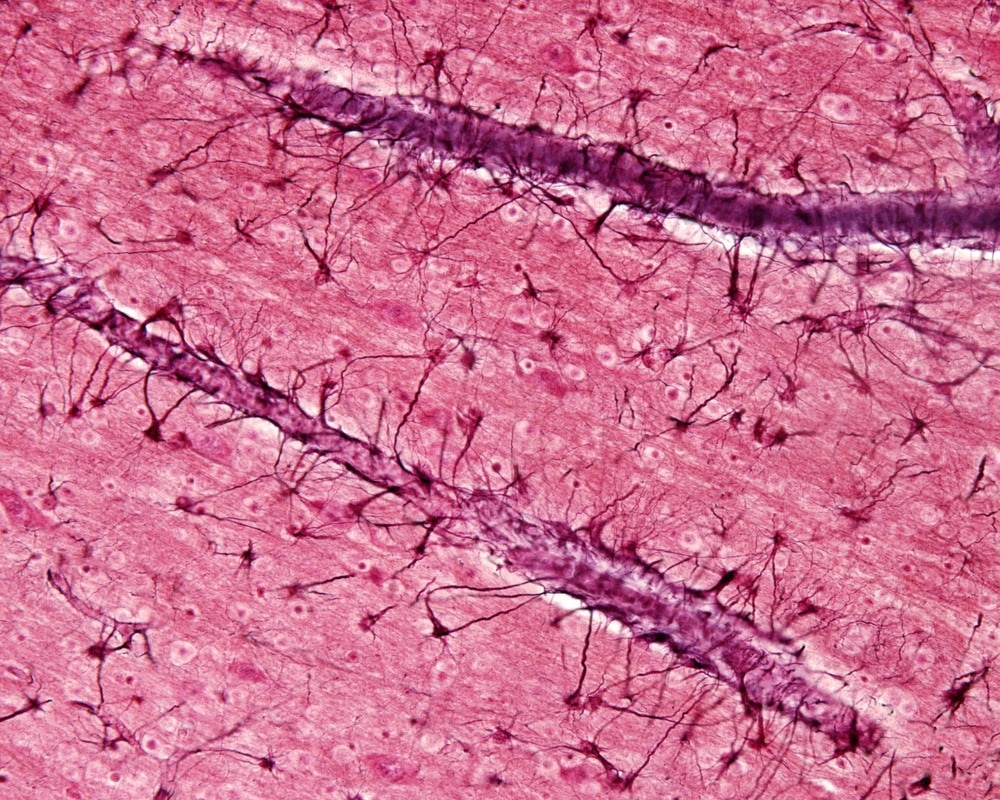An essential component of adaptive immunity is immunological memory, which is the capacity to react to a foreign material or antigen more quickly and intensely when exposed again. Developing metabolic and epigenetic memories by innate immune cells enhances their responses.

Image Credit: Jose Luis Calvo/Shutterstock.com
However, it was not known until recently whether immune cells interact with non-immune cells, such as astrocytes, which cause inflammation in the central nervous system (CNS) and may also pick up immune memory.
It has significant implications for the comprehension of tissue inflammation that researchers at Brigham and Women's Hospital, a founding member of the Mass General Brigham healthcare system, have shown for the first time that astrocytes, which are non-immune cells, can learn from their prior interactions with the immune system.
According to the study, astrocytes have the ability to recall their past interactions with immune cells and can develop pro-inflammatory responses more quickly and strongly when faced with immune stimuli again.
Because of the similarities between these results and traditional explanations of immune memory in immune cells, the researchers have dubbed this phenomenon "astrocyte immune memory" to distinguish it from astrocyte roles in cognitive memory. The longevity of astrocytes and their various roles in CNS pathology led the authors to hypothesize that astrocyte immune memory could be a potential mechanism underlying long-term neurologic disorders.
The researchers found that p300 and ATP-citrate lyase (ACLY), two enzymes that aid in boosting gene activity, are at the forefront of an epigenetic program that drives astrocyte immune memory through a number of in vivo and in vitro investigations. The researchers discovered that in mouse models of multiple sclerosis (MS), astrocytes expressing p300 and ACLY were upregulated. Additionally, they discovered that astrocyte-specific inactivation of these genes reduced CNS inflammation and the advancement of the disease.
A possible role for astrocyte memory in disease pathology has been suggested by the researchers' observations of astrocyte memory in vitro in human cells and their detection of elevated levels of ACLY+p300+astrocytes in chronic MS patient samples.
Our work reveals that astrocytes, non-immune cells, can develop aspects of immune memory. We also show that epigenetic astrocyte memory promotes CNS pathology in autoimmune inflammation. These findings highlight important mechanisms relevant to neurologic disorders like MS and could guide the development of novel therapeutic interventions that target ACLY+p300+ memory astrocytes to reduce inflammation.”
Francisco Quintana, Ph.D., Corresponding Author, Department of Neurology, Brigham and Women’s Hospital
Source:
Journal reference:
Lee, H., et al., (2024) Disease-associated astrocyte epigenetic memory promotes CNS pathology. Nature. doi.org/10.1038/s41586-024-07187-5